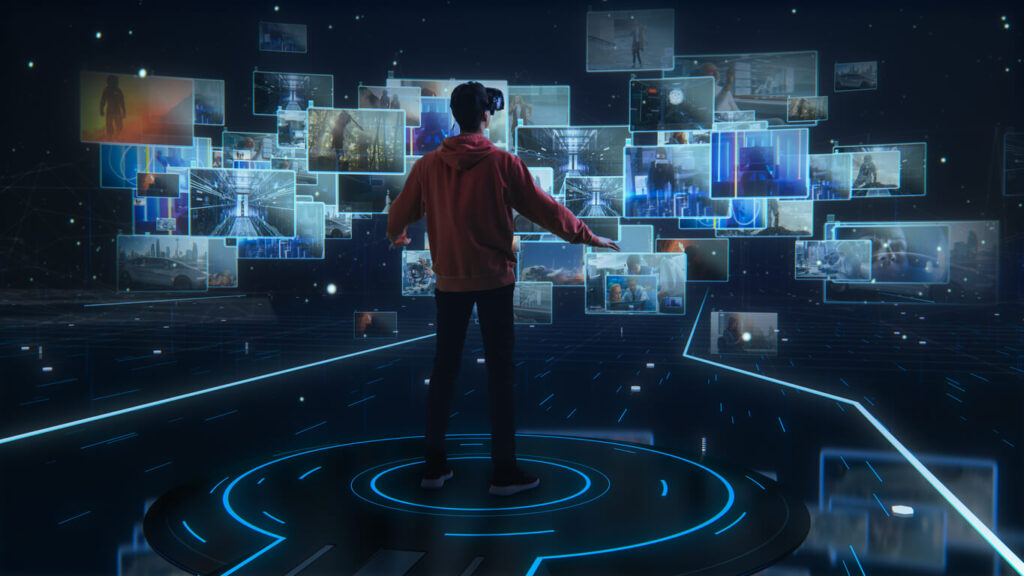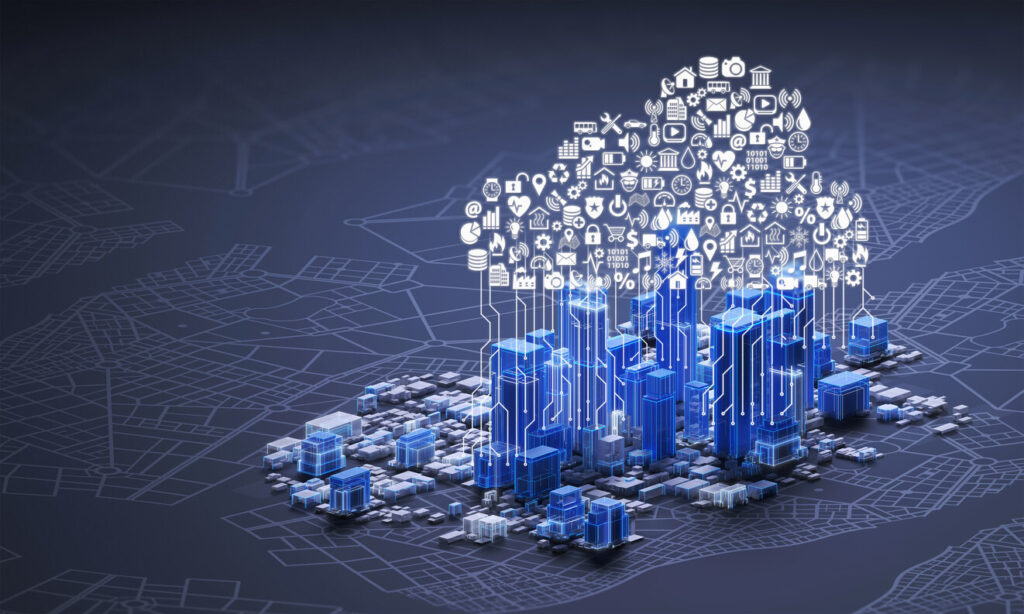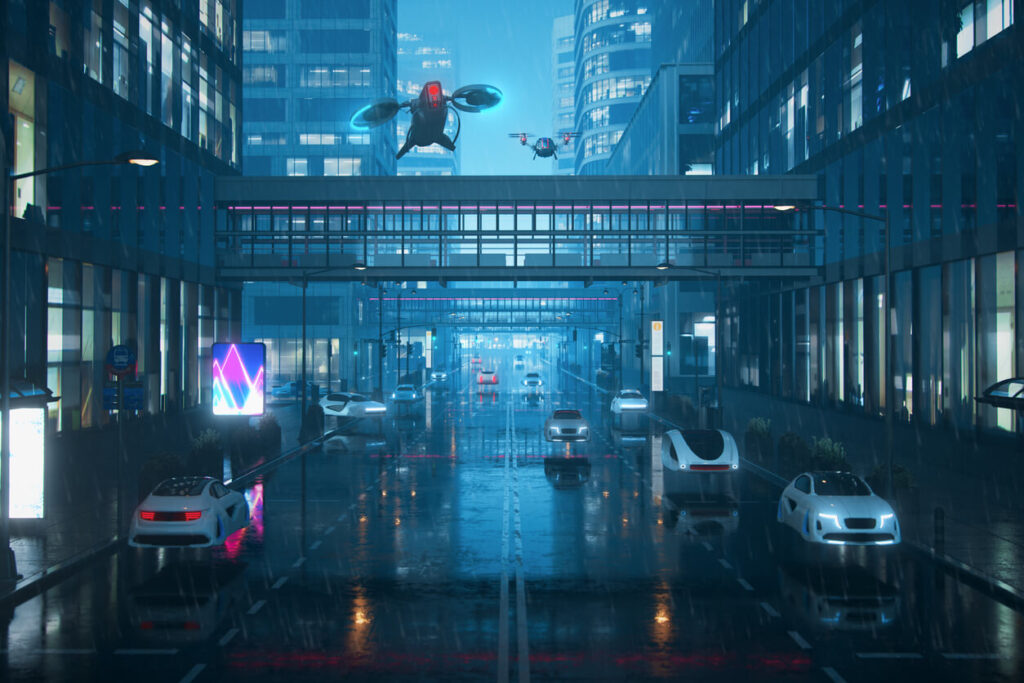As the digital age continues to prosper, we stand at the brink of a technological revolution that promises to transform our lives. The speed of innovation is skyrocketing, and new advancements are sprouting at an unprecedented pace. From quantum computers to autonomous vehicles, these pioneering innovations are set to redefine the future. This article will delve into the top emerging technologies projected to make a significant impact in 2024 and beyond.
Emerging Technology Advances Invading 2024
A lot of valuable research companies and businesses, like Gartner, Forbes or organisations and universities, e.g. UTS (University of Technology Sydney) are looking into finding out what’s going to be the most present in the rapidly approaching year. Most are highlighting Artificial Intelligence (AI), Augmented Reality (AR), Blockchain, Cloud computing and Internet of Things (IoT). Trends that were already common in the previous year. We expect to see some of these patterns continue this year along with the advent of new ones.
There are many technologies that are developing and will be adopted in the upcoming years. There will be more advanced technology, digitalisation and even more automated solutions. The real will blur with the virtual and there will be more focus on sustainable solutions.
Have a look at our chosen 10 technologies that are expected to dominate in 2024 and perhaps the next decade.
1. Augmented Reality
Although augmented and virtual realities have been present for some time now, they will progress in 2024, promising to redefine our interaction with the world. By superimposing digital information onto our physical environment, AR enhances our perception of reality, providing us with unprecedented insights and experiences.

In the education sector, AR brings learning to life through interactive and immersive experiences, revolutionising traditional teaching methods. Furthermore, in commerce, AR can transform shopping experiences by overlaying product information, reviews, and ratings onto physical products. AI-augmented developments will enhance software engineers in the field of machine learning and data science. According to Gartner’s predictions, compared to less than 10% in early 2023, 75% of enterprise software engineers will employ AI coding assistants by 2028.
2. Quantum Computing
Once limited to science fiction, quantum computing is expected to completely change our understanding of computational power by 2024. Quantum computers process information in a completely different way than classical computers by utilising the concepts of quantum mechanics.
Qubits, which can exist in multiple states simultaneously, are used in place of bits to represent data in these futuristic devices. Quantum computers can do calculations ten times quicker than those of classical machines thanks to this quantum superposition. Beyond its theoretical potential, quantum computing has proven useful in a number of applications, including financial modelling, traffic optimisation, and drug discovery. This technology will undoubtedly revolutionise computational power as we approach 2024 and produce ground-breaking innovations. To find out more about quantum computing, read about how quantum leaps are revolutionising smart manufacturing.
3. Smart Cities
By incorporating information and communication technology into the infrastructure of cities, smart cities—an emerging technological trend—seek to establish sustainable urban environments. Smart cities will be able to become more connected, efficient, and responsive to the needs of their citizens thanks to developments in artificial intelligence, 5G networks, and the Internet of Things (IoT). See how Swiss cities are leading the way in the smart city revolution here.

By employing data analytics and smart meters to track and optimise energy consumption, smart cities can lower costs associated with energy management as well as its environmental impact. Additionally, they can enhance transportation networks by facilitating autonomous vehicles, optimising public transportation routes, and supplying real-time traffic information.
4. Blockchain
Blockchain is a cutting-edge technology that is revolutionising global transactions and industries. We already mentioned blockchain and homomorphic encryption in our previous article that was mentioning 2023 trends. This year, blockchain is still popular and has the potential to upend a number of sectors, including supply chain management, healthcare, and finance, by offering a transparent, safe, and decentralised method of storing and transferring data.
Blockchain allows for cost savings and increased efficiency. It provides a transparent and safe means of tracking goods from point of origin to point of destination in supply chain management, lowering fraud and enhancing product safety.
5. Edge Computing
Edge computing’s role is to process data closer to its source in order to decrease latency and boost productivity. Through edge computing, services can be rendered faster and more responsively by processing data at the edge of the network instead of sending it to a centralised location.
For instance, edge computing in healthcare can assist practitioners in diagnosing patients more quickly and accurately, improving patient outcomes. Additionally, it can enhance IoT device performance by lowering the quantity of data sent over the network. Edge-based data centres can also improve security by enabling companies to collect and analyse data in real time. Read more on how to deploy edge computing in your data centres.
6. Autonomous Vehicles
One of the most exciting technological developments is autonomous cars, which are going to completely change the way people travel. These cars can increase mobility, decrease traffic congestion, and improve safety for millions of people worldwide by doing away with the need for human drivers.

A lot of companies have started to invest in more automated solutions and maybe 2024 is too early to move from the ground to flying cars but autonomous vehicles are becoming more popular. With a potential to improve accessibility for individuals who are underserved by conventional transportation systems, autonomous cars are offering safe, effective, on-demand transportation in the mobility services sector. Additionally, by automating the delivery of packages and goods, they have the power to completely transform the logistics and delivery sectors. Find out their impact on consumer electronics.
7. 5G Networks
5G networks, the latest generation of wireless technology, offer faster speeds, lower latency, and more reliable connectivity than ever before. With high-speed connectivity provided by 5G, users can experience immersive and interactive virtual and augmented reality environments with ease. Beyond entertainment, 5G networks can enable remote surgery, autonomous vehicles, and distance learning, among other applications. Find out its importance for businesses here. In terms of the technology development, 6G will replace 5G but we will need to be patient as most sources predict that the next generation of mobile network will launch around 2030.
8. Human-Machine Interaction
Human-machine interaction (HMI) is all about the communication and interaction of humans and machines. It aims to create more intuitive and natural ways for humans to interact with technology. People are already communicating with AI, for example through ChatGPT or by using automated systems or machines in workplaces. By enabling more natural and intuitive interactions between patients and healthcare professionals, HMI can help improve patient outcomes and reduce healthcare costs.

9. The Internet of Behaviour
A cutting-edge technology known as the Internet of Behaviour (IoB) combines the strength of data analytics with an understanding of human behaviour. IoB provides fresh perspectives on human behaviour, preferences, and decision-making processes by utilising data from a variety of sources, including wearables, sensors and other technologies, including AI, ML, big data analytics, cloud computing, IoT, robotics automation systems, AR and VR, and more.
For instance, in the healthcare industry better patient outcomes can be achieved by using IoB to help professionals create customised treatment plans. Advertisers may also use it to target customers with messages that are relevant to them and gain a deeper understanding of them.
10. Biotechnology
Biotechnology is a field that combines technology and biology to produce new goods and methods that make life better for all. Biotechnology is poised to transform a range of industries, including healthcare and agriculture, and address significant global issues. Through the creation of novel medications and treatments that specifically target genes or biological processes, biotechnology can aid in the improvement of patient outcomes for a broad range of illnesses and ailments.
Are you ready for 2024?
Emerging technologies are undoubtedly going to drastically change our world as we move into the bright future of 2024. From the immersive experiences provided by AR and VR to the transformative potential of blockchain and AI. Staying inquisitive, flexible, and ready to embrace the chances presented by these and other technological advancements, will be key to improve facilities and the environment, as the innovation’s power is at our disposal.










